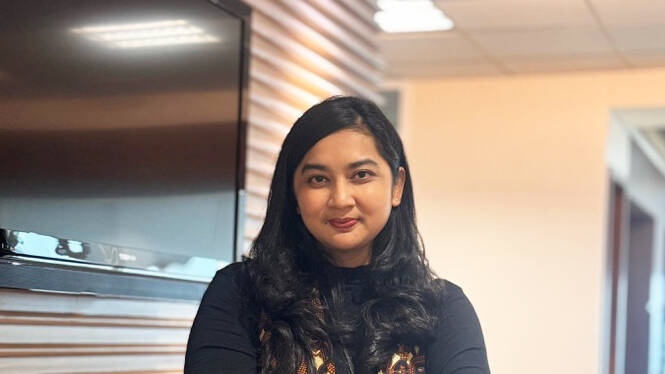Why CCS?
Nations throughout Asia Pacific are considering a mix of energy sources and lower-emission technologies to achieve their net-zero goals, while helping ensure their citizens continue to have access to energy to power their homes, fuel their cars and make modern life possible.
One way to do that is through carbon capture and storage (CCS).
Many of the products we rely on every day are made using energy-intensive manufacturing processes – fuels, plastics, steel, cement and electricity, just to name a few. These are products modern society cannot live without, but the processes used to make them all generate carbon dioxide.
Carbon capture and storage works by capturing the carbon dioxide molecules from these processes before they hit the atmosphere. The CO2 is then transported and either reused or stored safely and permanently underground.
In rising nations, carbon capture could be a particularly powerful tool.
Energy demand from these nations is slated to grow 15% by 2050, as their middle classes expand. These countries are also expected to use four times the amount of power than developed nations over the same period.
With the appropriate policies and regulations in place, carbon capture and storage would help reduce industrial and power-related emissions on a large scale, without having to reduce the rapid pace of development, as countries lift the standard of living for billions of people.
Experts around the world agree that carbon capture will be essential to reducing emissions. In fact, the International Energy Agency has said “reaching net zero will be virtually impossible without CCS.”
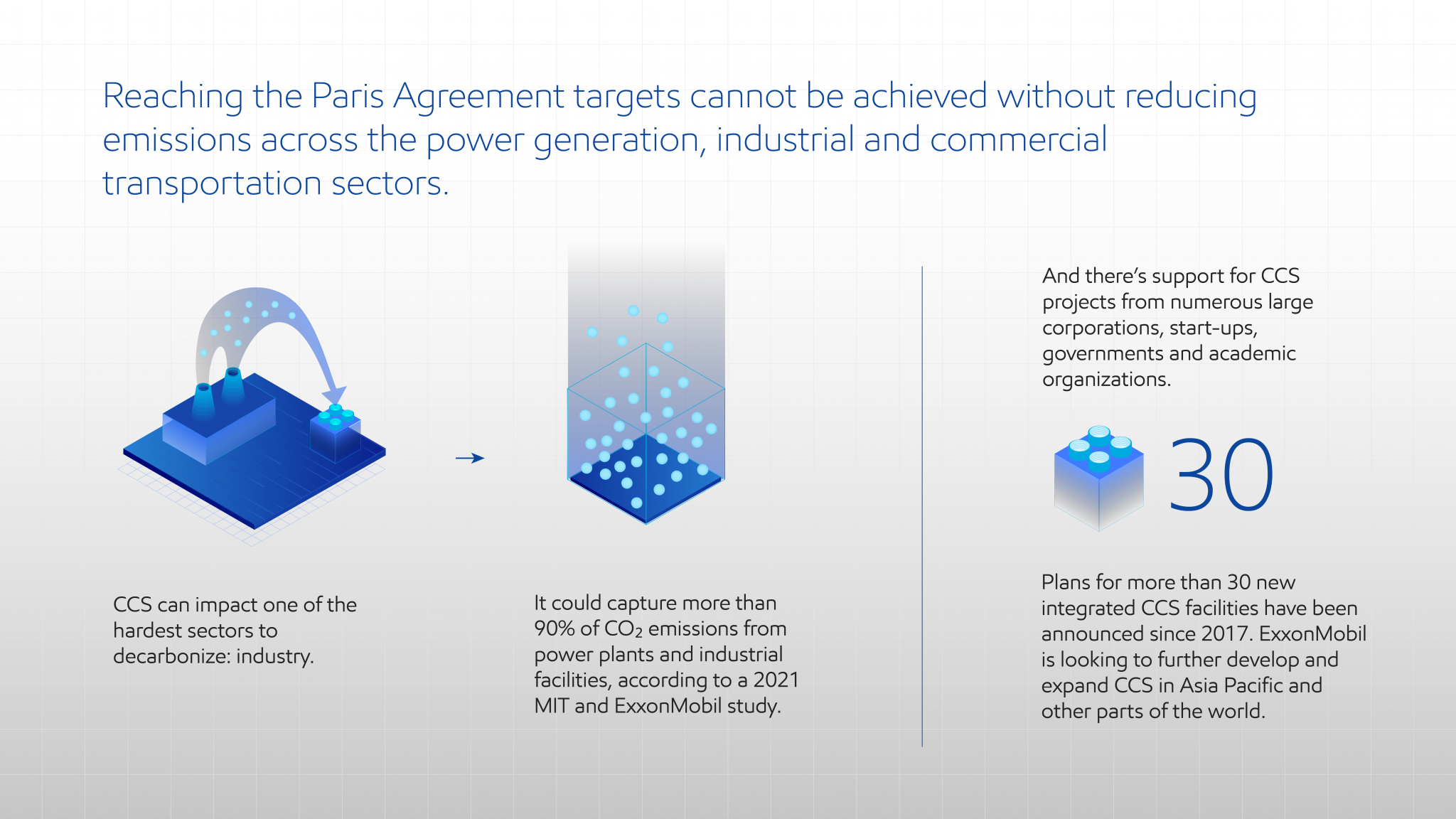
Governments across Asia Pacific are looking at CCS to help their countries work toward net-zero emissions goals. Alongside developing sustainable energy sources and policies directed at combating other greenhouse gases, CCS could help set the region on a pathway toward a lower-emission energy future.
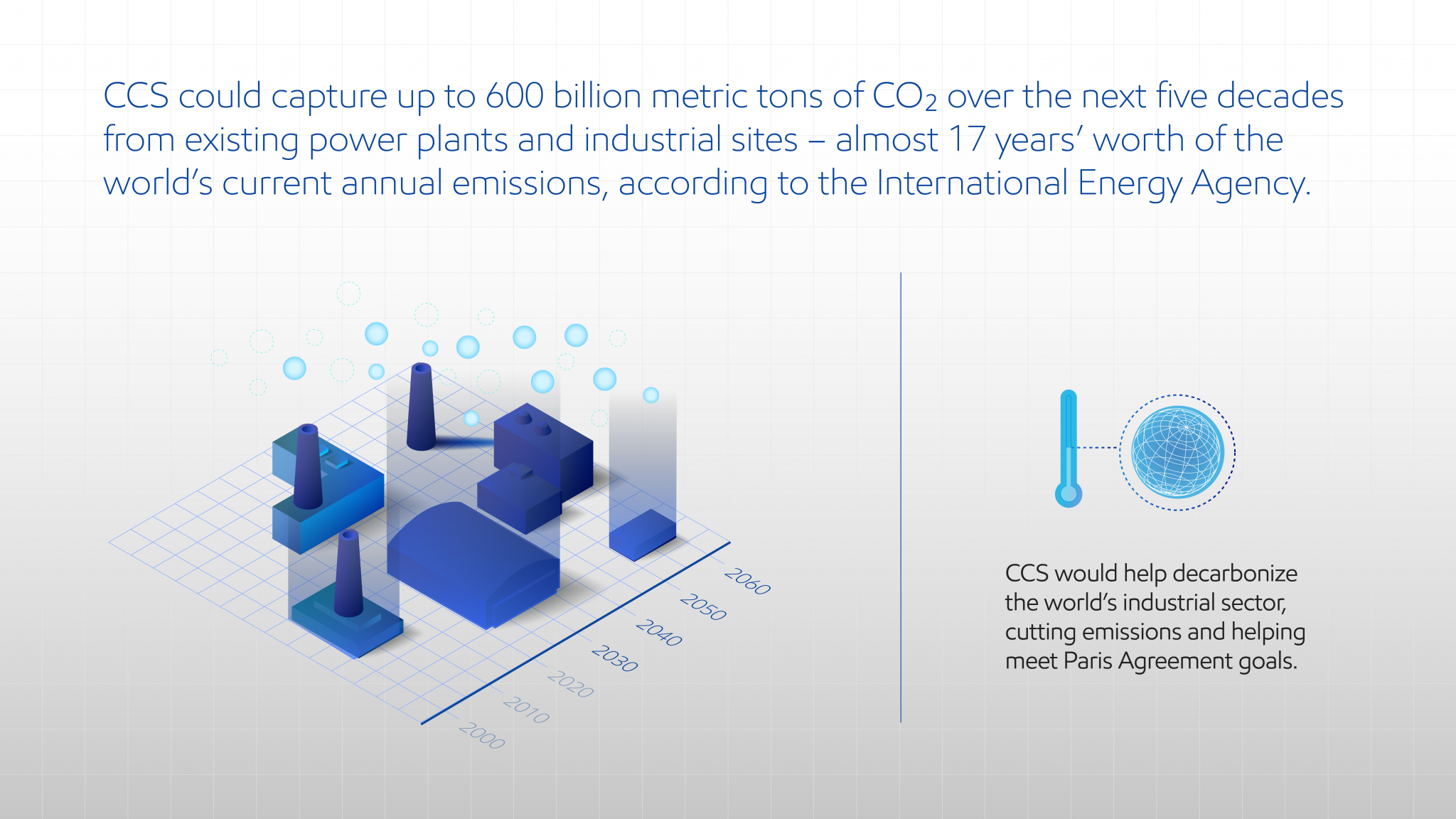
Asia Pacific region
Newsroom
Stay up to date with the latest news and information
Explore more
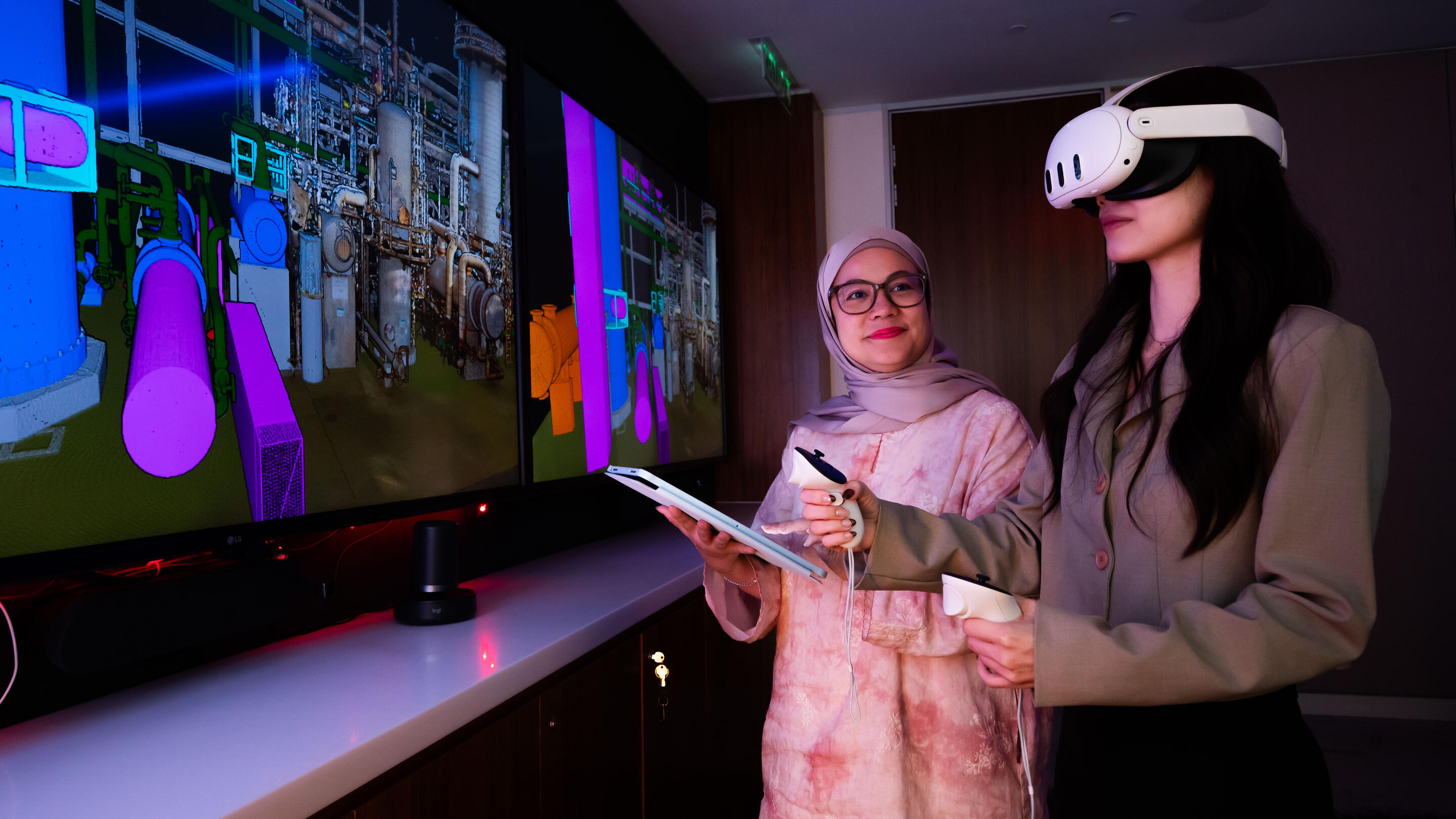
Digital minds, global solutions: KLTC’s virtual way of working
2 min read
•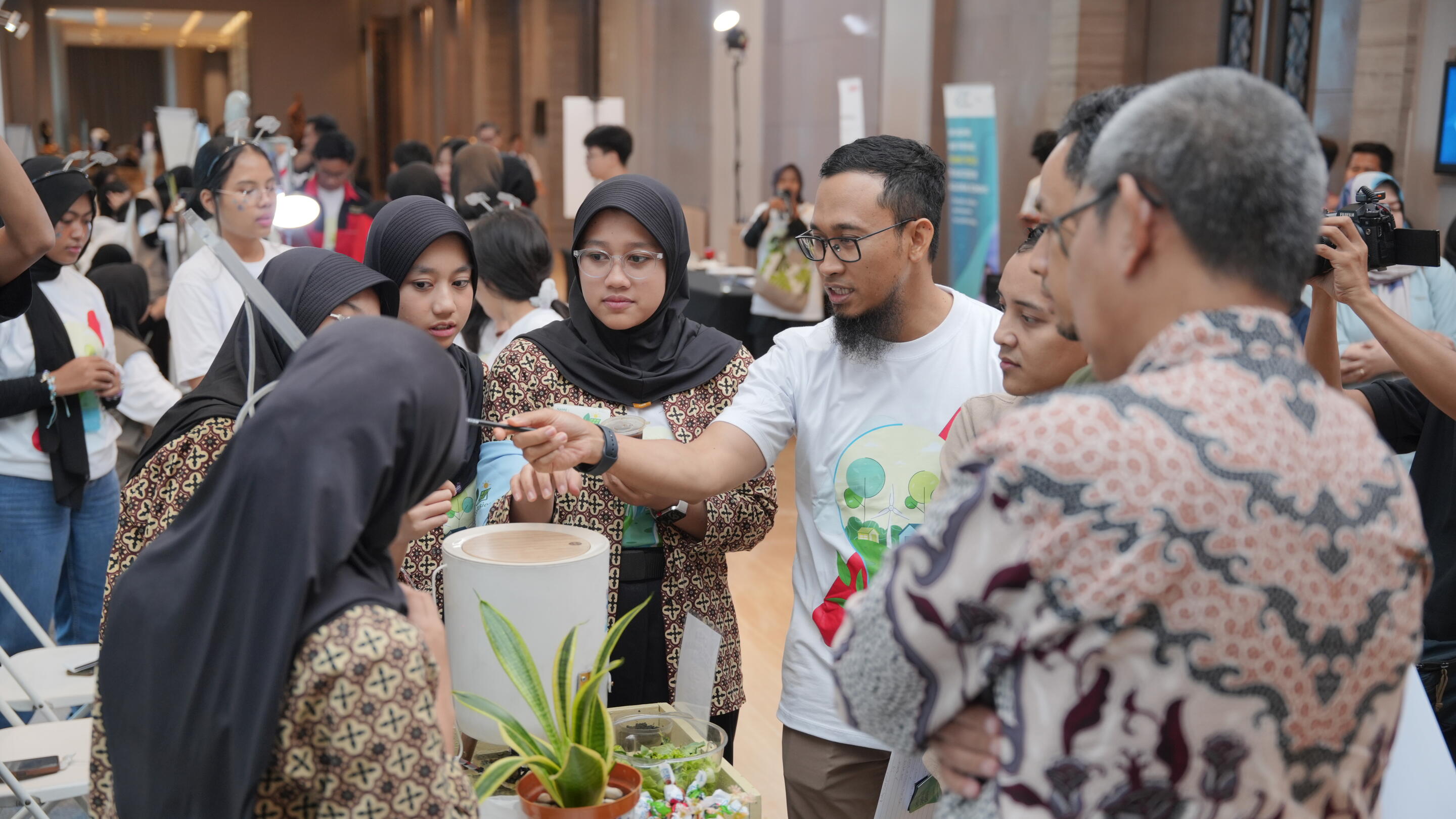
Empowering the next generation through STEM education
4 min read
•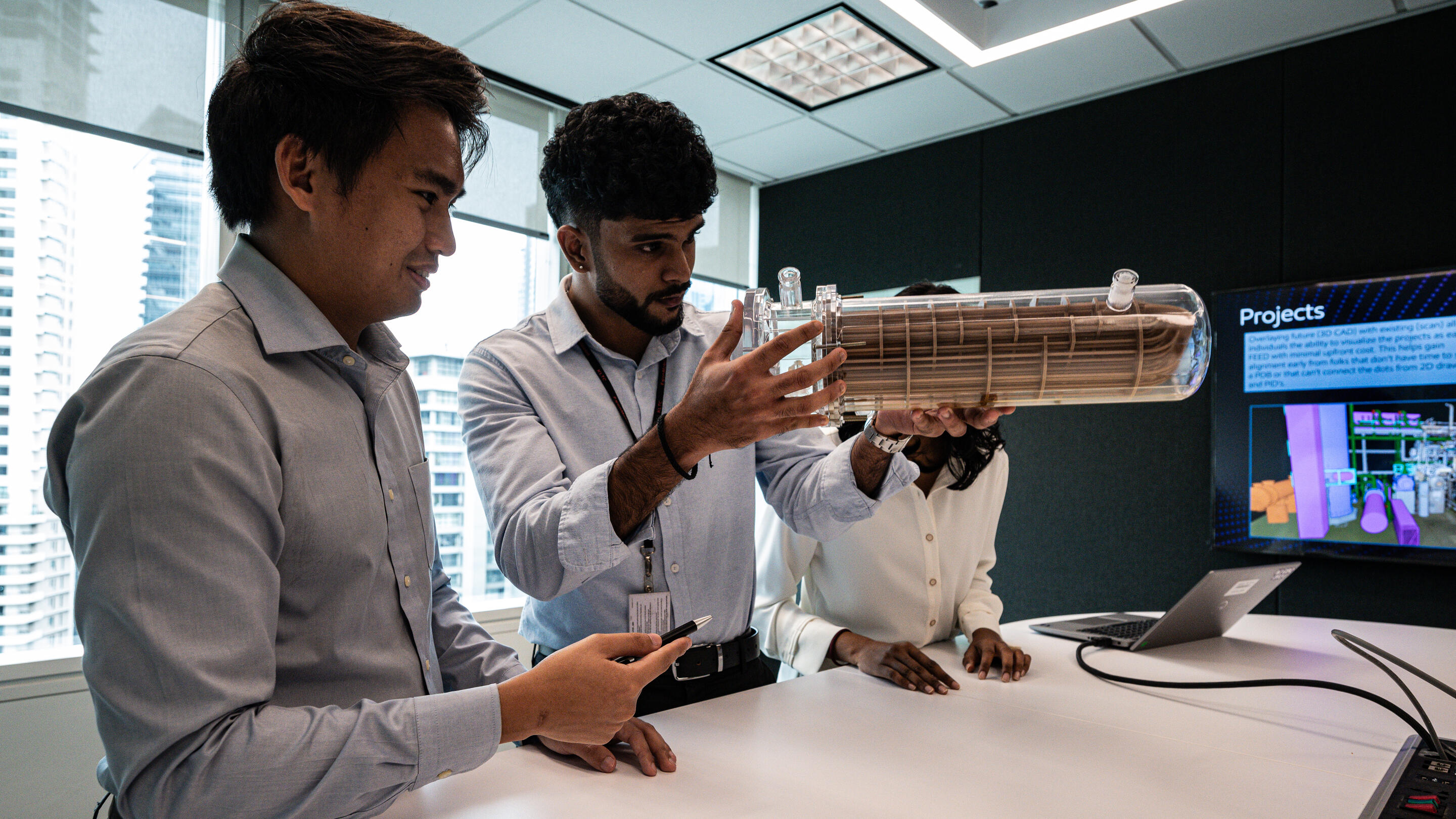
Global engineering talent in the heart of Malaysia
3 min read
•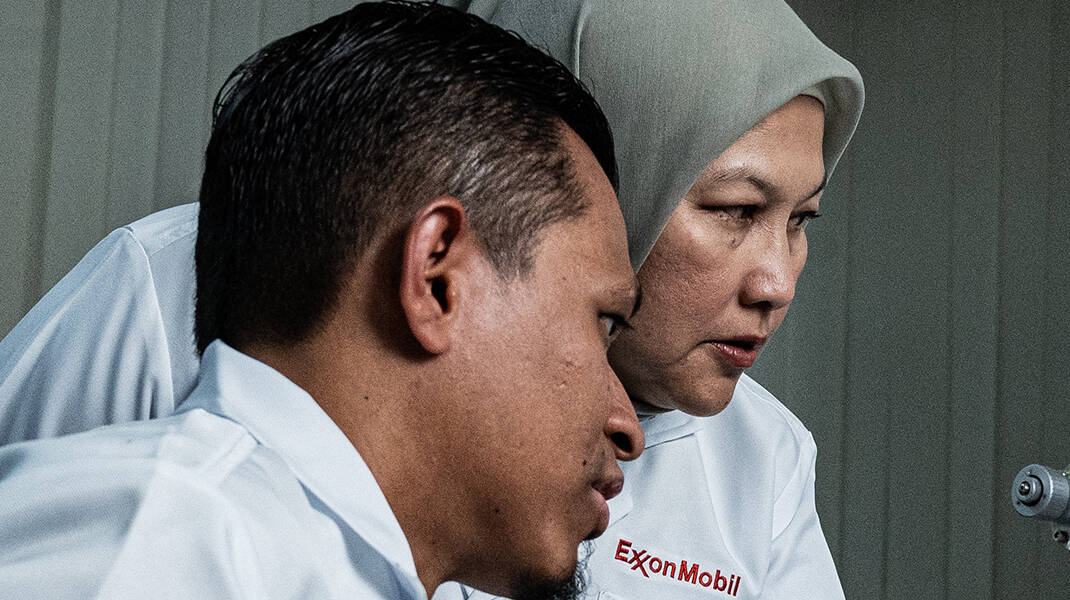
Getting a headstart: Giving students a taste of real-world challenges
2 min read
•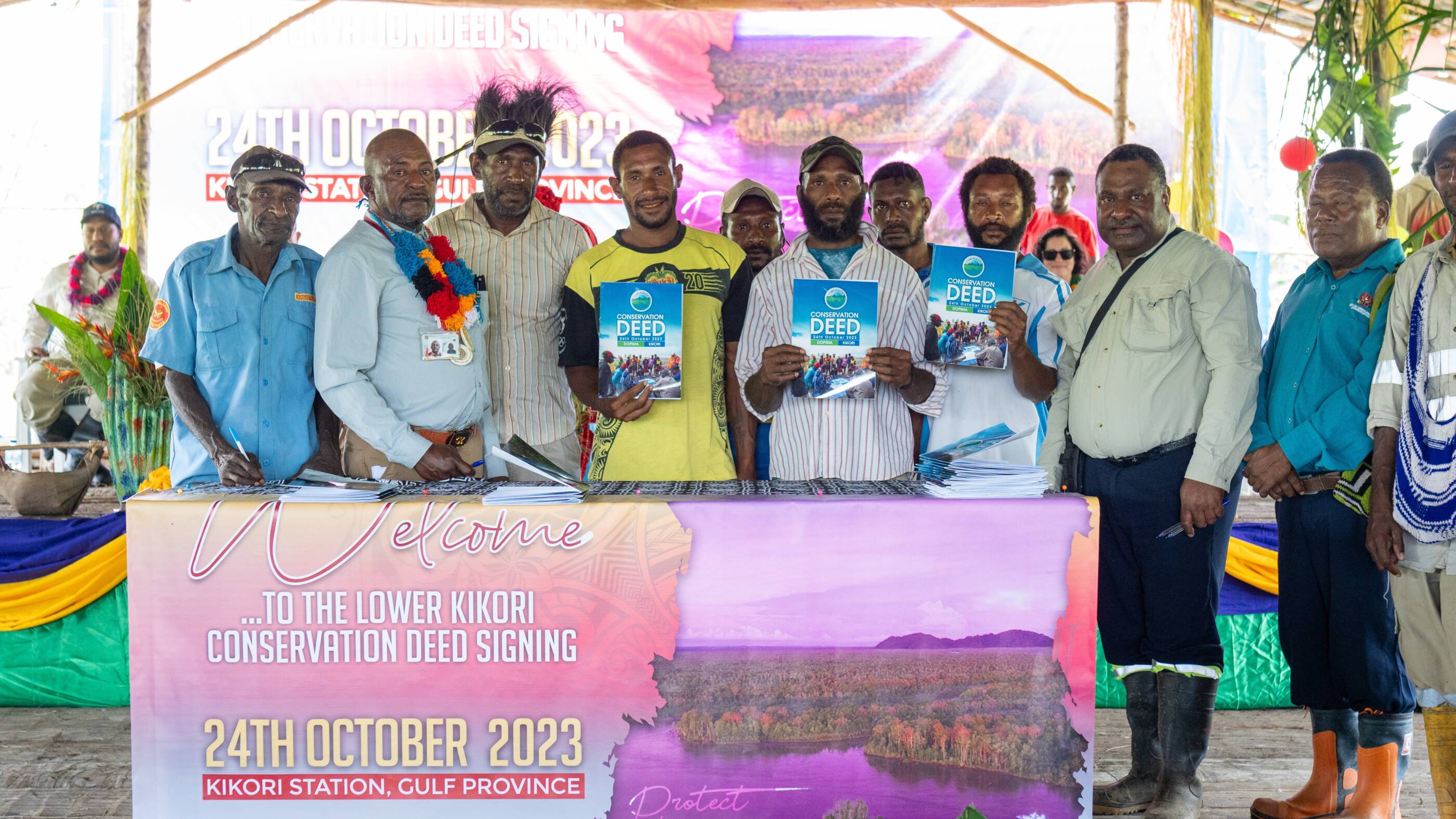
Papua New Guinea clans unite to conserve 20,000 hectares
2 min read
•
